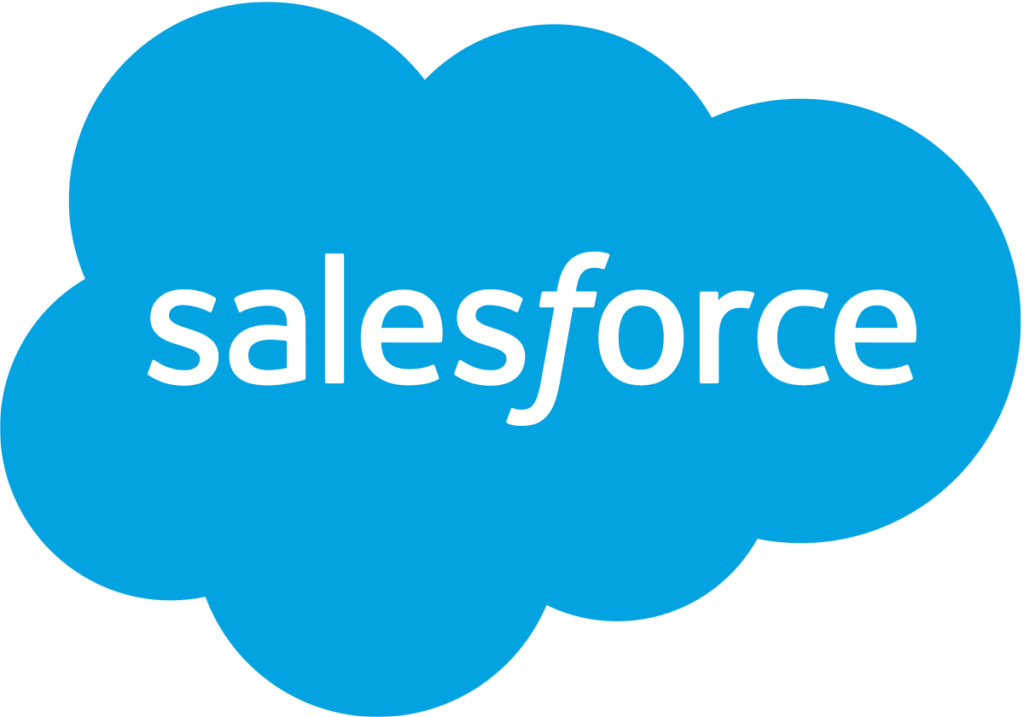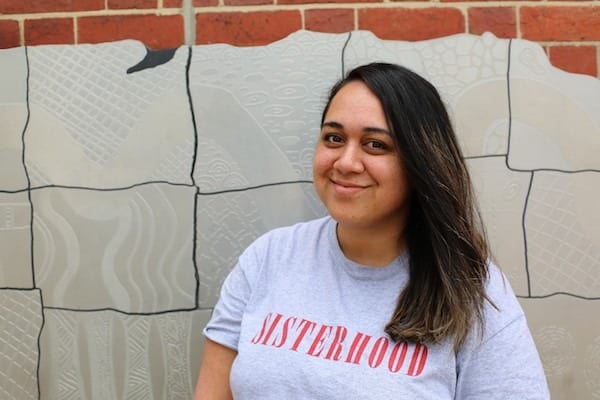Proud Darumbal and South Sea Islander woman Hayley McQuire used to think she had a relatively positive schooling experience. She attended primary school with so many of her cousins, that they made up 10 per cent of the entire school population. So more often than not, it was a time she spent with her family.
But in retrospect, when entering those school gates, she now sees that she was leaving a fundamental part of herself at home.
“I went to school on country, and I never heard an acknowledgement of country when I was at school. Our history lessons started at ‘Captain Cook discovered Australia’,” McQuire shares in The Leadership Lessons, a Women’s Agenda podcast series supported by Salesforce.
“Education is the most powerful tool you can have in your life. But if you go to school and you can’t see yourself reflected in that experience then it’s fundamentally disempowering.”
McQuire is now the National Coordinator and Co-Founder of the National Indigenous Youth Education Coalition, a collective of young Aboriginal and Torres Strait Islander people, all committed to advocating for Indigenous rights to education.
In the podcast, McQuire shares that the Coalition came about after she spent four years as a member of the UN Secretary General’s Global Education First Initiative Youth Advocacy Group. In gaining a global perspective on education, she could so clearly see that back in Australia, there wasn’t a strong youth voice on Indigenous rights to education.
“I held a national workshop where I put the call out to see if there were other young mob like me who were passionate about education and turns out there was,” McQuire explains.
“It came about because young mob want to have their voice heard around education. We want to make sure we’re improving Australia’s education system for our future generations, so they don’t have to experience being erased in the classroom.”
The National Indigenous Youth Education Coalition takes a ground up, nation building approach to Indigenous education, a strategy that McQuire says allows the hundreds of First Nations communities around the continent to self-determine and create education systems that align with their own cultural values and aspirations.
“It’s a ground-up community driven approach that we are trying to really advocate for,” she says. “It’s really looking at how can we support young people in communities to establish their own types of independent schooling and develop their own curriculum from their perspective.”
“The answers really lie in our communities, so that’s where you start.”
It’s this approach that will allow communities to create a learning ecosystem that fundamentally acknowledges and respects the country which we are on, and the Indigenous knowledge systems that have existed for tens of thousands of years.
“Our current education system was founded through colonisation. For Aboriginal and Torres Strait Islander people, the role of education was around assimilation. It was a part of the assimilation policies – to educate, take kids away and put them into missions, take them into schools and educate them into new ways. That kind of legacy does not go away overnight.”
McQuire speaks about the ways in which young Indigenous people are calling different ways of measuring and valuing their success in education.
“So much of our success is defined as being on par with non-Indigenous students. That doesn’t acknowledge the history and the starting place of First Nations young people.
“Coming up with our own metrics of success and wanting to see more culture, and more of themselves reflected back at them in the classroom is essential.”
As a leader in the movement for Indigenous rights to education, McQuire believes her strengths lie in her ability to identify the skills of other people, and then match these together in a team environment, working on collective projects. She also says that staying humble and being able to ask for advice from mentors has been critical to starting the Coalition.
McQuire’s collective attitude towards leadership is evidenced in the way she talks about her work. She rarely uses the word ‘I’, and frequently explains ideas using “we” and “our”.
“At the heart of all our action has been thinking about our inter-generational legacy and inter-generational leadership, that we all have a responsibility to our child seven generations from now. Our actions are for that person,” she says.
“It’s this long-term strategic thinking around what can we do to make sure that that person, seven generations from now, inherits an education system where they see themselves, where they are strong in culture, where they speak their language, where they know their history.
“That’s really what motivates all of us.”
The Leadership Lessons podcast series, hosted by Kate Mills, is a set of interviews with brilliant female leaders across industries, sharing their perspective on the critical decade ahead.
The Leadership Lessons is supported by Salesforce.



